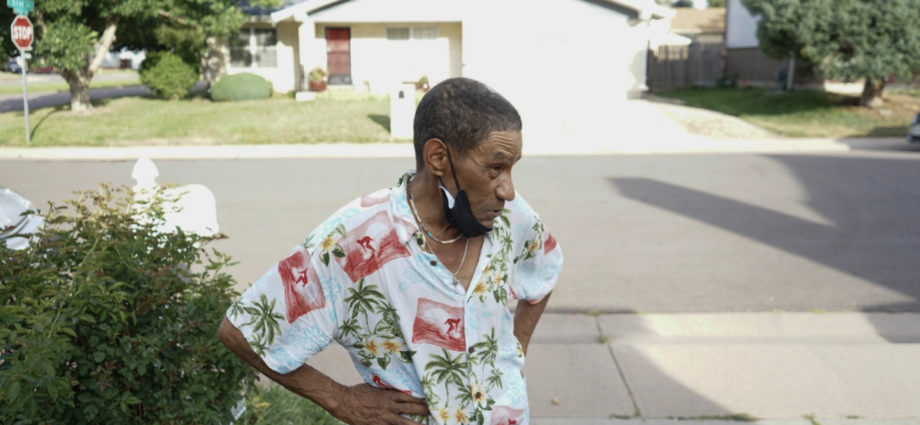A new study bolsters claims that a widely used pretrial risk assessment exacerbates racial disparities in Colorado’s jails
(excerpt from Colorado Newsline Aug 14 2020)
On Oct. 8, 2018, Samuel Bouknight was arrested on Colfax Avenue and booked into the Denver city jail for driving under the influence of alcohol.
A pretrial officer then scored Bouknight using a 12-question survey designed to predict whether he would miss his court date or commit a new crime if released from jail. He scored in the top category, he said, likely because of his history of traffic violations. This meant he looked risky on paper. The score may be one reason why the judge set a $750 bond. And as a matter of Denver’s pretrial policy, it was almost certainly why he was required to check in with pretrial services regularly after his release.
Bouknight sat in jail for 59 days before he was able to post bail, he said. And when he got out, the 67-year-old without a driver’s license said he had to travel multiple times per week from his home in the Montbello neighborhood to downtown Denver by bus and train for court-ordered alcohol sobriety tests. These trips, sometimes hours each way, cost Bouknight time and money. He said he had to stop booking new clients for his photography business. He was one misstep from ending up back in jail.
“You’re still presumed innocent,” Bouknight said. “And it totally ruined me.”
Despite Bouknight’s high score, the algorithm’s predictions never panned out. He never missed a court date and he never committed a new crime, he said. New research indicates that should be no surprise: Bouknight, a Black man, may have been scored by an algorithm that was biased against him.
A July study by the University of Northern Colorado found that the most widely used risk assessment tool in Colorado, known as the Colorado Pretrial Assessment Tool, or CPAT, scored Black people higher than white people even though their odds of missing a court date or committing a new offense were nearly the same. It also inaccurately scored people experiencing homelessness higher than other people, the study shows.
The CPAT’s potential bias may be rooted in the following “risk factors” considered in the 12-question survey: “having a home or cell phone,” “owning or renting one’s residence” and “age at first arrest.” Reformers have said for years these items are less a measure of risk and more a measure of poverty and policing behavior.
“It’s like we’re gonna put a veneer on it and call it data-driven,” said Elisabeth Epps, founder of the Colorado Freedom Fund, an organization that has helped Bouknight and other defendants post bail. “The risk assessment tool is like polishing racism.”



Facebook Comments